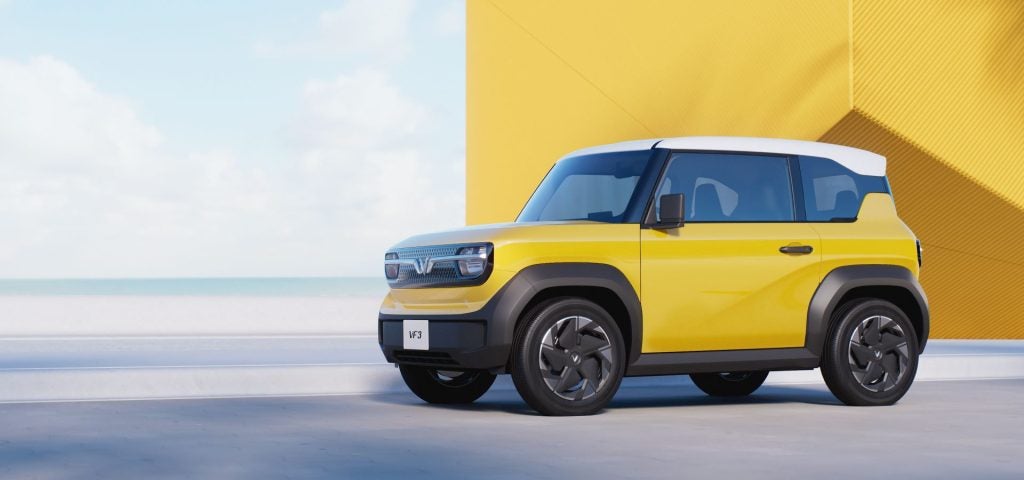Vietnam’s new vehicle market declined by 18% to 26,291 units in September 2025 from 32,023 units a year earlier, according to wholesale data released by the Vietnam Automotive Manufacturers Association (VAMA). The data does not include some major players in the market, including Mercedes-Benz, Hyundai, Tesla, Nissan, and domestic automaker VinFast.
After a strong rebound in the first half of 2025, from weak year-earlier levels, the vehicle market has slowed sharply in the last three months despite continued strong economic activity in the country. The latest government data shows GDP growth accelerated to 8.3% year-on-year in the third quarter of 2025, up from a revised 8.2% in the second quarter, driven by strong domestic consumption, fixed investment and exports.
Last month the country was hit by a number of severe storms, which likely impacted vehicle purchases in key parts of the country, and this has continued into October. Surging VinFast sales also negatively affected demand for vehicles offered by VAMA members, which reported a 29% drop in passenger vehicle sales to 17,623 units combined.
In the first nine months of 2025, the vehicle market expanded by 6% to 205,125 units from 193,854 units a year earlier, according to VAMA data, with sales of passenger vehicles falling by 3% to 139,250 units, while commercial vehicle deliveries increased by 29% to 65,875 units.
Truong Hai (Thaco) Group, the local assembler and distributor of several overseas brands and a major player in the commercial vehicle segment, reported a 3% sales increase to 62,526 units in the nine-month period. This includes a 53% jump in Thaco commercial vehicle sales to 19,615 units, and a 2% rise in Mazda sales to 21,772 units, while Kia sales declined by 22% to 17,817 units.
Toyota’s sales increased by 19% to 48,126 units in the same period, driven by strong Yaris Cross and Vios volumes, while Ford’s sales rose by 20% to 33,655 units; Mitsubishi 25,009 units (-10%); and Honda 17,829 units (+1%).
Domestic automaker VinFast said its deliveries of battery electric vehicles (BEVs) in the country more than doubled to 103,884 units in the first nine months of 2025, while Hyundai’s sales dropped by 19% to 27,905 units in the first eight months of the year.
The Vietnamese Ministry of Finance announced in March that it had extended the vehicle registration tax exemption for battery electric vehicles (BEVs) until the end of February 2027, extending the benefit for an additional two years. In July the government introduced minimum production volumes for vehicle manufacturers looking to benefit from preferential import tariffs on automotive components.









